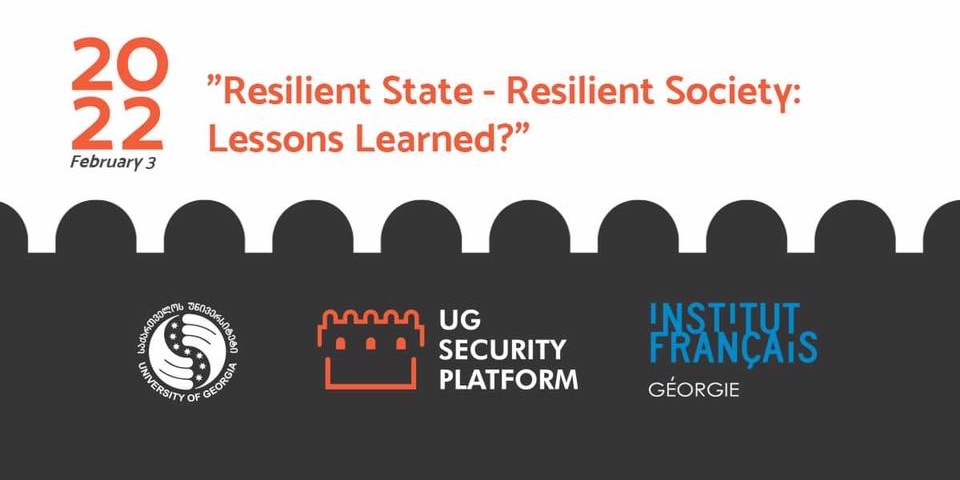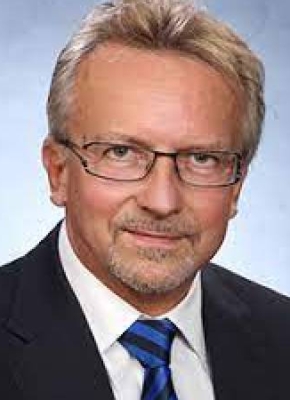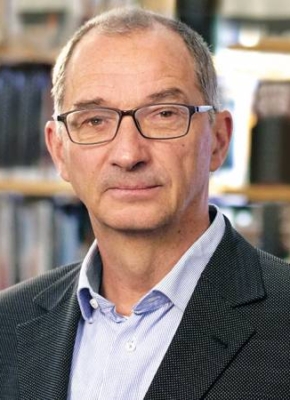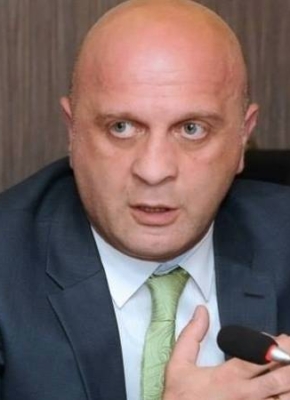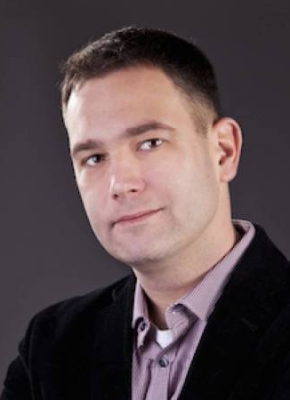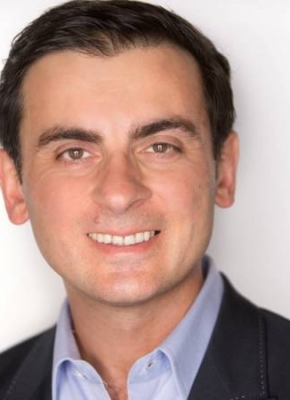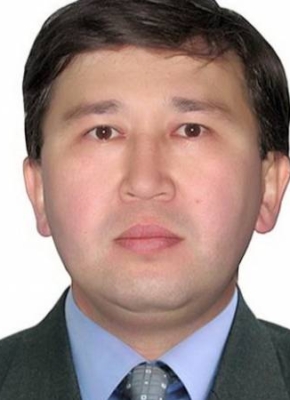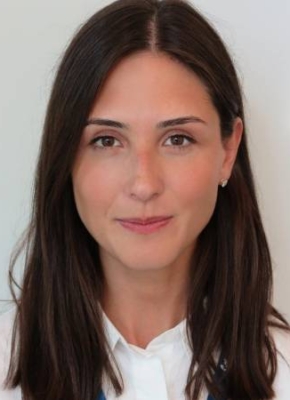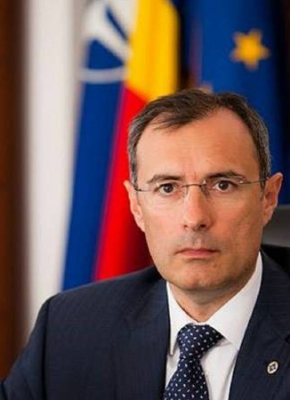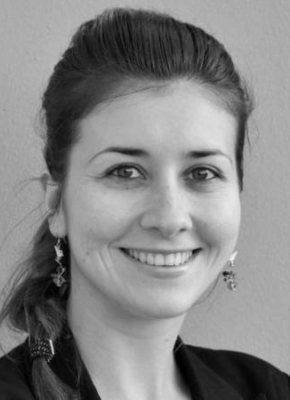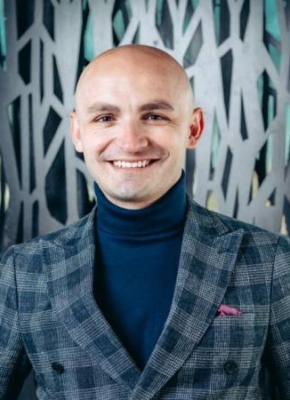NATO-ს ვარშავის 2016 წლის სამიტის შემდეგ, ალიანსმა ნათლად განაცხადა, რომ მისი წევრი სახელმწიფოების უსაფრთხოება და თავდაცვა მჭიდროდ არის დაკავშირებული ინდივიდუალურ და კოლექტიურ მედეგობაზე. სახელმწიფოს კონტექსტში მედეგობის კონცეფცია გულისხმობს სახელმწიფოსა და საზოგადოების ფუნქციონირებისთვის საჭირო მექანიზმების შენარჩუნებას, კრიზისამდელი მდგომარეობის აღდგენის უნარს და ბუნებრივი ან ადამიანის ქმედებების შედეგად მიყენებული ზიანის შემცირებას. გარდა ამისა, მედეგობის მაღალი ხარისხის შენარჩუნებისთვის პრინციპულად მნიშვნელოვანია მუდმივი ადაპტაცია, არსებული პრაქტიკების გაუმჯობესება და მომხდარი კრიზისების მართვისგან მიღებული გამოცდილების იმპლემენტაცია და შესაბამისი პოლიტიკების და ინტერაქციების დახვეწა როგორც სახელმწიფო ასევე საზოგადოებრივ განზომილებებში. მედეგობის კონცეფციას განსაკუთრებითი პრაქტიკული მნიშვნელობა აქვს ტრადიციულ დემოკრატიებში, რადგან მათი სახელმწიფო ინსტიტუტები და საზოგადოებები მუდმივად არადემოკრატიული და ტოტალიტარული ძალების სამიზნეები არიან. ეს სახიფათო ტენდენცია არ არის შესაბამისად შეფასებული და დაბალანსებული, რამაც შესაძლოა მნიშვნელოვანი ზიანი მიაყენოს დასავლური დემოკრატიების ერთობას და უფრო მეტიც შესაძლოა საფუძველი გამოაცალოს ცალკეული სახელმწიფოების სუვერენიტეტს, ეროვნულ იდენტობას და საზოგადოებრივ ერთიანობას. UGSP-ის მიერ ორგანიზებული კონფერენციის მიზანია, მოხდეს მედეგობის კონცეფციის კიდევ უფრო ღრმა კონცეპტუალიზაცია და ანალიზი/

ჩატარების თარიღ(ებ)ი




